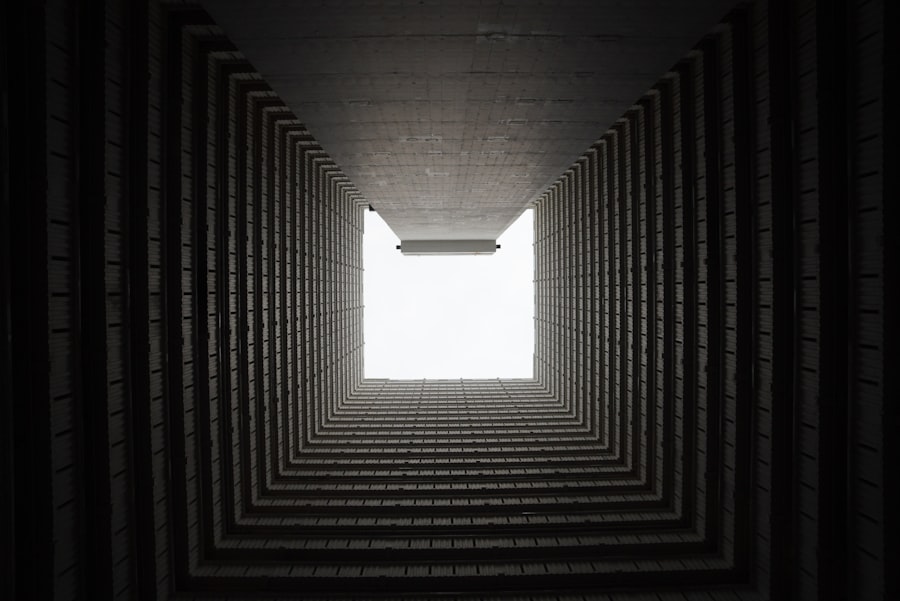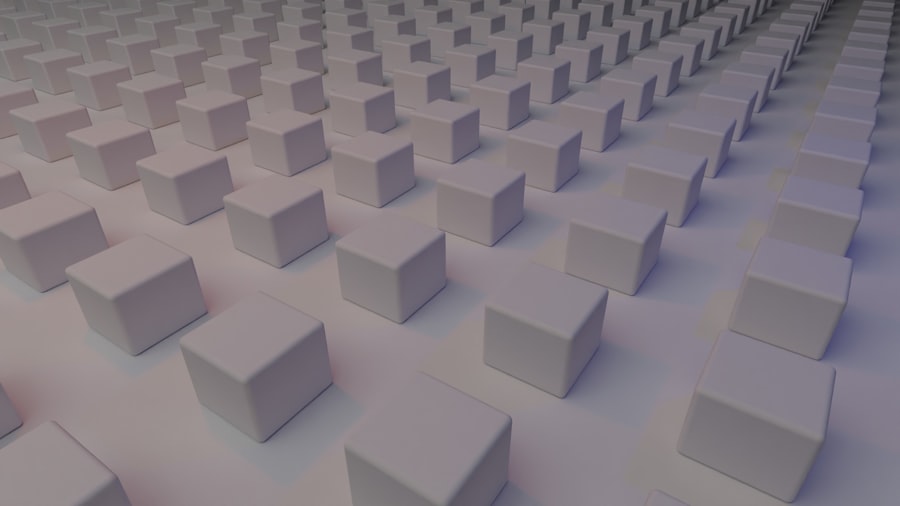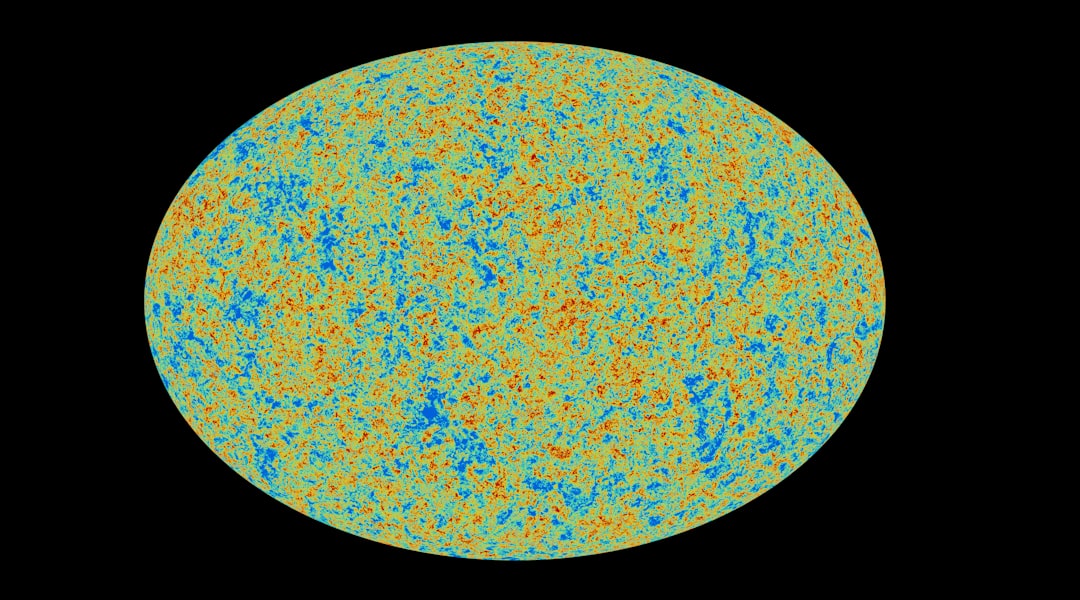The Block Universe Theory, often referred to as the “eternalism” perspective in the philosophy of time, posits that past, present, and future events are equally real and exist simultaneously within a four-dimensional spacetime continuum. This theory challenges the conventional understanding of time as a linear progression from past to present to future. Instead, it suggests that all moments in time are fixed and unchanging, akin to a block of ice where every point in time is preserved and accessible.
This radical view of time has profound implications not only for physics but also for philosophy, cosmology, and even the understanding of human consciousness. As the Block Universe Theory gains traction in both scientific and philosophical circles, it invites a reevaluation of how individuals perceive their existence within the temporal framework. The implications of this theory extend beyond mere academic discourse; they touch upon fundamental questions about reality, existence, and the nature of time itself.
By exploring the intricacies of this theory, one can gain insight into the complexities of time and its relationship with the universe.
Key Takeaways
- The Block Universe Theory posits that past, present, and future coexist simultaneously in a four-dimensional spacetime.
- It challenges traditional views of time as flowing, suggesting instead that time is static and all events are fixed.
- The theory has significant implications for physics, particularly in understanding relativity and cosmology.
- It raises philosophical questions about free will, determinism, and the nature of reality.
- Despite its influence, the theory faces ongoing debates and criticisms, especially regarding its compatibility with quantum mechanics.
Historical Background of the Block Universe Theory
The roots of the Block Universe Theory can be traced back to early philosophical inquiries into the nature of time. Ancient philosophers such as Heraclitus and Parmenides laid the groundwork for discussions about change and permanence, with Heraclitus famously asserting that “everything flows,” while Parmenides argued for the unchanging nature of being. These early debates set the stage for later thinkers to explore the implications of time as a dimension.
In the 20th century, the advent of Einstein’s theory of relativity revolutionized the understanding of time and space. Einstein’s work demonstrated that time is not an absolute entity but rather intertwined with the fabric of space itself. This led to a shift in perspective, where time could be viewed as a dimension similar to length or width.
The Block Universe Theory emerged as a natural extension of these ideas, suggesting that all points in time exist simultaneously within a four-dimensional spacetime continuum. Philosophers and physicists began to explore this concept more rigorously, leading to a rich dialogue about its implications for understanding reality.
Key Concepts and Principles of the Block Universe Theory

At the heart of the Block Universe Theory lies the concept of spacetime, which combines the three dimensions of space with the dimension of time into a single four-dimensional continuum. In this framework, every event—past, present, or future—is represented as a point within this continuum. This perspective implies that all moments in time are equally valid and real, challenging the traditional view that only the present moment holds significance.
Another key principle is the idea of “worldlines,” which represent the path that an object takes through spacetime. Each worldline traces an object’s history from its past through its present and into its future.
This notion raises intriguing questions about causality and determinism, as it implies that all events are already laid out within the block of spacetime.
The Block Universe Theory and the Concept of Time
| Aspect | Description | Implications | Related Concepts |
|---|---|---|---|
| Definition | The Block Universe Theory posits that past, present, and future events coexist in a four-dimensional spacetime block. | Time is viewed as a dimension similar to space; all moments are equally real. | Determinism, Eternalism, Spacetime |
| Time Nature | Time is static and unchanging; the flow of time is an illusion. | Challenges the common perception of time as dynamic and flowing. | Presentism (contrasting view), Temporal Illusion |
| Philosophical Implications | Questions free will and the openness of the future. | Suggests that future events are fixed and predetermined. | Free Will Debate, Fatalism |
| Scientific Basis | Rooted in the theory of relativity, where time is treated as a dimension. | Supports the idea that all points in time are equally existent. | Special Relativity, Minkowski Spacetime |
| Criticism | Conflicts with human experience of time and consciousness. | Raises questions about the subjective experience of ‘now’. | Phenomenology of Time, Consciousness Studies |
The Block Universe Theory fundamentally alters the conventional understanding of time. Traditionally, time is perceived as a flowing river, where moments continuously pass from future to present to past. However, in the Block Universe perspective, time is more akin to a landscape where all points coexist simultaneously.
This view challenges individuals to reconsider their relationship with time and how they experience it. In this framework, the past is not lost but rather exists as part of a larger tapestry of reality. Memories and experiences are not fleeting moments but rather fixed points within the block.
Similarly, the future is not an uncertain realm but rather a set of possibilities that are equally real. This reimagining of time invites deeper philosophical inquiries into how individuals perceive their lives and choices within this static yet expansive structure.
Implications of the Block Universe Theory in Physics
The implications of the Block Universe Theory extend deeply into the realm of physics, particularly in understanding fundamental concepts such as causality and determinism. If all events exist simultaneously within spacetime, then the notion of cause and effect becomes more complex. Events may appear to influence one another within a linear timeline, but from a Block Universe perspective, they are simply different aspects of a single reality.
Moreover, this theory raises questions about the nature of physical laws themselves. If all moments are fixed within spacetime, then physical laws may be seen as descriptions of relationships between events rather than mechanisms that govern change over time. This perspective could lead to new insights into quantum mechanics and relativity, potentially bridging gaps between these two foundational pillars of modern physics.
Criticisms and Debates Surrounding the Block Universe Theory

Despite its intriguing propositions, the Block Universe Theory has faced significant criticism and debate among philosophers and scientists alike. One major criticism revolves around its implications for human agency and free will. If all events are predetermined within a fixed block of spacetime, then questions arise about whether individuals can truly make choices or if their actions are merely illusions within an unchangeable framework.
Additionally, some critics argue that the Block Universe Theory fails to account for the subjective experience of time. Humans perceive time as flowing and dynamic; this experiential aspect seems at odds with a static view of reality. Critics contend that any theory that disregards this fundamental aspect of human consciousness may be incomplete or inadequate in capturing the full essence of existence.
The Block Universe Theory and Philosophy
The philosophical implications of the Block Universe Theory are profound and far-reaching. It invites discussions about metaphysics, epistemology, and ethics by challenging traditional notions of reality and existence. Philosophers have long grappled with questions about what it means for something to exist; in light of eternalism, existence becomes a matter of perspective rather than a linear progression.
Moreover, this theory raises ethical considerations regarding responsibility and accountability. If individuals are seen as mere actors within a predetermined script, then notions of moral responsibility may need reevaluation. The implications for concepts such as justice, punishment, and reward become complex when viewed through the lens of a static block universe.
Applications of the Block Universe Theory in Cosmology
In cosmology, the Block Universe Theory offers intriguing insights into the nature of the universe itself. It suggests that all cosmic events—from the Big Bang to distant galaxies—exist simultaneously within a vast four-dimensional structure. This perspective allows cosmologists to explore not only what has happened in the universe but also what will happen in its future.
Furthermore, this theory can inform discussions about the fate of the universe. If all moments exist within a block, then understanding cosmic evolution becomes a matter of mapping out these events rather than predicting them based on current observations. This approach could lead to new models for understanding cosmic phenomena such as black holes or dark matter.
Quantum Mechanics and the Block Universe Theory
The intersection between quantum mechanics and the Block Universe Theory presents fertile ground for exploration. Quantum mechanics challenges classical notions of determinism by introducing elements of probability and uncertainty at microscopic scales. However, when viewed through the lens of eternalism, these quantum events may be seen as fixed points within a broader framework.
This perspective raises questions about how quantum phenomena fit into a block universe where all events are predetermined. Some theorists propose that quantum indeterminacy could be reconciled with eternalism by suggesting that multiple outcomes exist simultaneously within different branches of spacetime. This idea aligns with interpretations such as the many-worlds interpretation, which posits that every quantum event spawns multiple realities.
The Block Universe Theory and the Nature of Free Will
One of the most contentious issues surrounding the Block Universe Theory is its implications for free will. If all events are predetermined within a static block of spacetime, then individuals may question whether they possess genuine agency over their choices and actions. This dilemma has sparked extensive philosophical debates regarding determinism versus free will.
Proponents of free will argue that even within a block universe, individuals can still experience choice and agency through their subjective perceptions. They contend that while events may be fixed in a broader sense, human consciousness allows for an experiential sense of freedom that cannot be easily dismissed. This ongoing dialogue highlights the complexity surrounding human agency in light of philosophical theories about time.
The Future of the Block Universe Theory
As scientific inquiry continues to evolve alongside philosophical exploration, the future of the Block Universe Theory remains uncertain yet promising. Its implications for understanding time, reality, and human existence invite ongoing dialogue across disciplines. While criticisms persist regarding its compatibility with human experience and free will, proponents argue that it offers valuable insights into fundamental questions about existence.
Ultimately, whether one embraces or critiques the Block Universe Theory, its impact on contemporary thought is undeniable. As researchers delve deeper into cosmology, quantum mechanics, and philosophy, they may uncover new dimensions to this theory that could reshape our understanding of reality itself. The journey toward comprehending time’s true nature continues to unfold, inviting curiosity and exploration into what lies beyond our current perceptions.
The block universe theory, which posits that past, present, and future events are equally real and that time is an unchanging dimension, has sparked considerable debate among physicists and philosophers alike. For a deeper exploration of concepts related to this theory, you can read more in the article available at freakyscience.
com/’>Freaky Science, where various interpretations of time and space are discussed in detail.
WATCH THIS! The Future Is Already Written: Why Physics Says Time Is a Lie
FAQs
What is the block universe theory?
The block universe theory is a concept in physics and philosophy that suggests time is like a four-dimensional block where past, present, and future events all coexist simultaneously. According to this view, time does not “flow” but rather all moments are equally real and fixed.
Who developed the block universe theory?
The block universe theory is closely associated with the theory of relativity, particularly the work of Albert Einstein. It arises from the idea of spacetime in special and general relativity, where time is treated as a dimension similar to space.
How does the block universe theory differ from our everyday experience of time?
In everyday life, we experience time as flowing from the past through the present to the future. The block universe theory challenges this by proposing that all points in time exist simultaneously, and the flow of time is an illusion or a feature of human consciousness.
What implications does the block universe theory have for free will?
If all moments in time are equally real and fixed, as the block universe theory suggests, it raises questions about free will and determinism. Some interpretations imply that the future is predetermined, while others argue that free will can still exist within this framework.
Is the block universe theory widely accepted in physics?
The block universe theory is a widely discussed interpretation of spacetime in physics, especially in the context of relativity. However, it is one of several competing views about the nature of time, and there is no universal consensus among physicists and philosophers.
How does the block universe theory relate to the concept of spacetime?
The block universe theory is based on the concept of spacetime, where time is treated as a fourth dimension alongside the three spatial dimensions. This four-dimensional model allows all events—past, present, and future—to be represented as points within a single, unchanging structure.
Can the block universe theory be tested experimentally?
The block universe theory is more of a philosophical interpretation of existing physical theories rather than a standalone scientific hypothesis. While the underlying physics of spacetime can be tested, the interpretation of time as a block is not directly testable.
What are some criticisms of the block universe theory?
Critics argue that the block universe theory conflicts with our subjective experience of time and the apparent flow of events. Others question whether it can adequately explain causality, change, and the nature of consciousness.
Does the block universe theory have any practical applications?
The block universe theory primarily influences theoretical physics and philosophy rather than practical technology. However, it helps shape our understanding of time, causality, and the structure of the universe in advanced scientific research.
